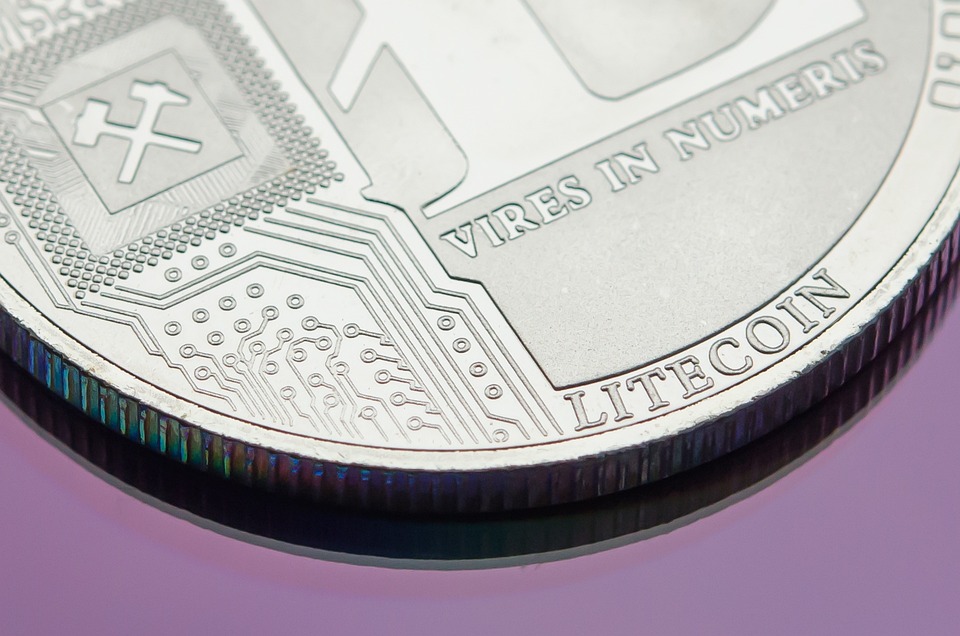Decentralized applications, or dapps, have been gaining significant attention in recent years for their potential to revolutionize various industries. These applications run on a blockchain network, removing the need for a central authority and offering increased transparency, security, and accessibility. One of the most popular platforms for building dapps is Ethereum, a decentralized platform that enables developers to create smart contracts and build a wide range of decentralized applications.
There are several benefits to using Ethereum for building decentralized applications:
1. Security: Ethereum is built on a secure blockchain network, making it difficult for hackers to breach the system and compromise user data or transaction information. Smart contracts on the Ethereum platform are executed automatically and are tamper-proof, ensuring that transactions are secure and irreversible.
2. Transparency: The Ethereum blockchain is public and transparent, meaning that anyone can view the details of transactions and contracts on the network. This high level of transparency builds trust among users and eliminates the need for intermediaries or third parties to validate transactions.
3. Accessibility: Ethereum is an open-source platform, meaning that anyone can access and use the network to build their decentralized applications. This accessibility allows for innovation and creativity in creating dapps that cater to various industries and user needs.
4. Scalability: Ethereum is continuously working on improving its scalability to handle a large number of transactions and users on the network. With the upcoming upgrades like Ethereum 2.0, the platform aims to increase its transaction speed and capacity, making it more efficient for building and running decentralized applications.
5. Interoperability: Ethereum is compatible with various programming languages, allowing developers to easily build and deploy dapps on the platform. Additionally, Ethereum supports interoperability with other blockchains through technologies like sidechains and bridges, enabling seamless communication and data transfer between different blockchain networks.
6. Tokenization: Ethereum allows developers to create and manage their tokens using ERC-20 and ERC-721 standards. These tokens can represent assets like currencies, digital collectibles, and securities, providing developers with the flexibility to tokenize their assets and create unique use cases for their dapps.
Overall, Ethereum offers numerous benefits for building decentralized applications, including security, transparency, accessibility, scalability, interoperability, and tokenization. With its robust network and smart contract capabilities, Ethereum is becoming the go-to platform for developers looking to create innovative and decentralized applications that can disrupt traditional industries and provide new solutions for users.




